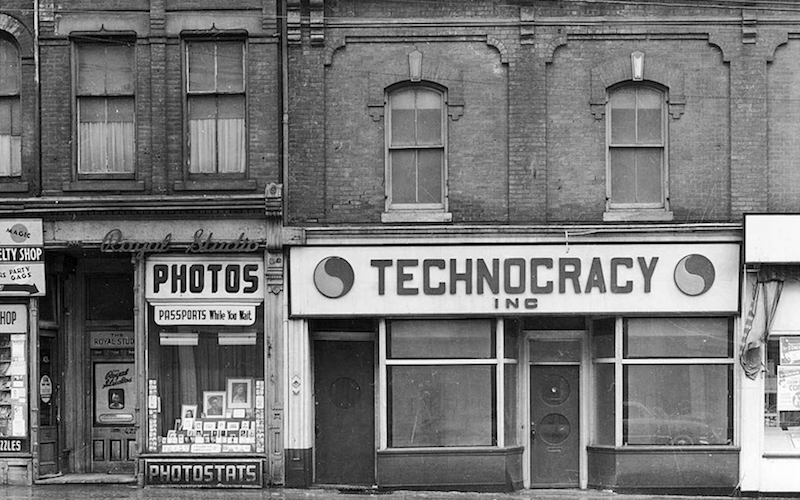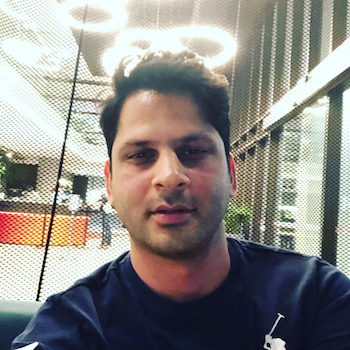
Technocrats: Pakistan’s Last Hope
A technocracy is a government in which the decision-makers are chosen for a governing office based on their technical expertise and background. A technocracy differs from a traditional democracy, in that individuals elected to a leadership role are chosen through a process that emphasizes their relevant skills and proven performance, as opposed to whether or not they come into office through popular demand. Although the original form of a technocracy has softened and evolved over the years, the school of thought suggests that decisions made by technocrats would be based on information derived from methodology rather than opinion.
Is corruption, coupled with illiteracy and feudalism, destroying Pakistan? One cannot argue against democracy, as this form of government represents the true voice of the people. That said, do the Pakistani people have a voice? Or do a majority of voters just follow the trumpets of their feudal lords? If this stands true, then how can this pseudo democracy help Pakistan gain the glory its founding fathers had envisioned?
Pakistan is at the stage where technical knowledge and a fool proof strategy are required to pull the country out of multiple crises. Pakistan will not be the first country to adapt this strategy, albeit temporarily; the United States introduced technocrats into their governing system during the Great Depression.
In recent times, it was also suggested for Crimea by world leaders to help the city govern itself effectively through annexation. Rumors of technocrats are surfacing in Europe to help the EU out of a financial crisis. Africa itself is now looking towards technocrats to stabilize the continent and to bring struggling nations up to par with Kenya and South Africa.
Since the early 1980s, post-Mao China has been governed by three generations of technocratic leadership. In present day China, more and more men and women in the government are specifically trained for the posts and or ministries that they are in charge of. The results are clear as China is stepping into the shoes of a World Power with an ever growing middle class and spending power to support it.
Pakistan has excelled during military rule as dictators have directed technocrats into leadership roles, hence decisions were made not for popularity but to increase GDP and productivity of the nation. Hence we saw higher growth during martial law. A relevant example of a technocrat in the Pakistani system would be Shaukat Aziz, a former banker for Citibank who revolutionized the country’s economic strategies. During his tenure as a finance minister and prime minister of the country, Pakistan saw a rise in its GDP, leading to a flourishing economy and international recognition.
Pakistan is at a crossroad and democracy in Pakistan is not and has not worked for the following two primary reasons; It can keep spiraling downwards with ministers who have fake degrees and are incompetent for the ministries that they hold. It is a country which is governed by feudal lords who come into power with autonomy, hence the essence of the voice of the people is lost even before votes are cast. Until land reforms are introduced, the masses will remain at the mercy of these leaders.
The 2013 elections are stained with rigging, to the extent that the ruling government’s Railway minister, Khawaja Saad Rafique, was caught red handed stamping ballot booklets. Although this video became viral on local news channels across the country, no legal actions were taken by the judiciary, which is famously known to be in bed with the ruling PMLN party.
Technocrats serving a full term and then a transitional one will guide the nation back unto the path of Jinnah’s vision. Ministers in order to gain access to party tickets have to pay a hefty fee and they spend their tenure in government making up for the dent through corruption. MQM (Mutihida Quami Movement) is the only party in Pakistan to issue tickets based on merit then a ticket price. Therefore Karachi flourished the most during the Pervez Musharraf era which gave the MQM funds. During that era, Karachi saw massive development. However, democratic governments that followed slashed the city’s budgets close to nil. Interestingly enough, Karachi is contributes to over 60 percent of the countries economy.
Injection of technocrats into the system will keep the appointed ministers and people focused on their tasks, which would not only stabilize the county but also the region. Technocrats would also try to better ties with India unlike politicians who use anti-India slogans to gain popularity amongst the people.

